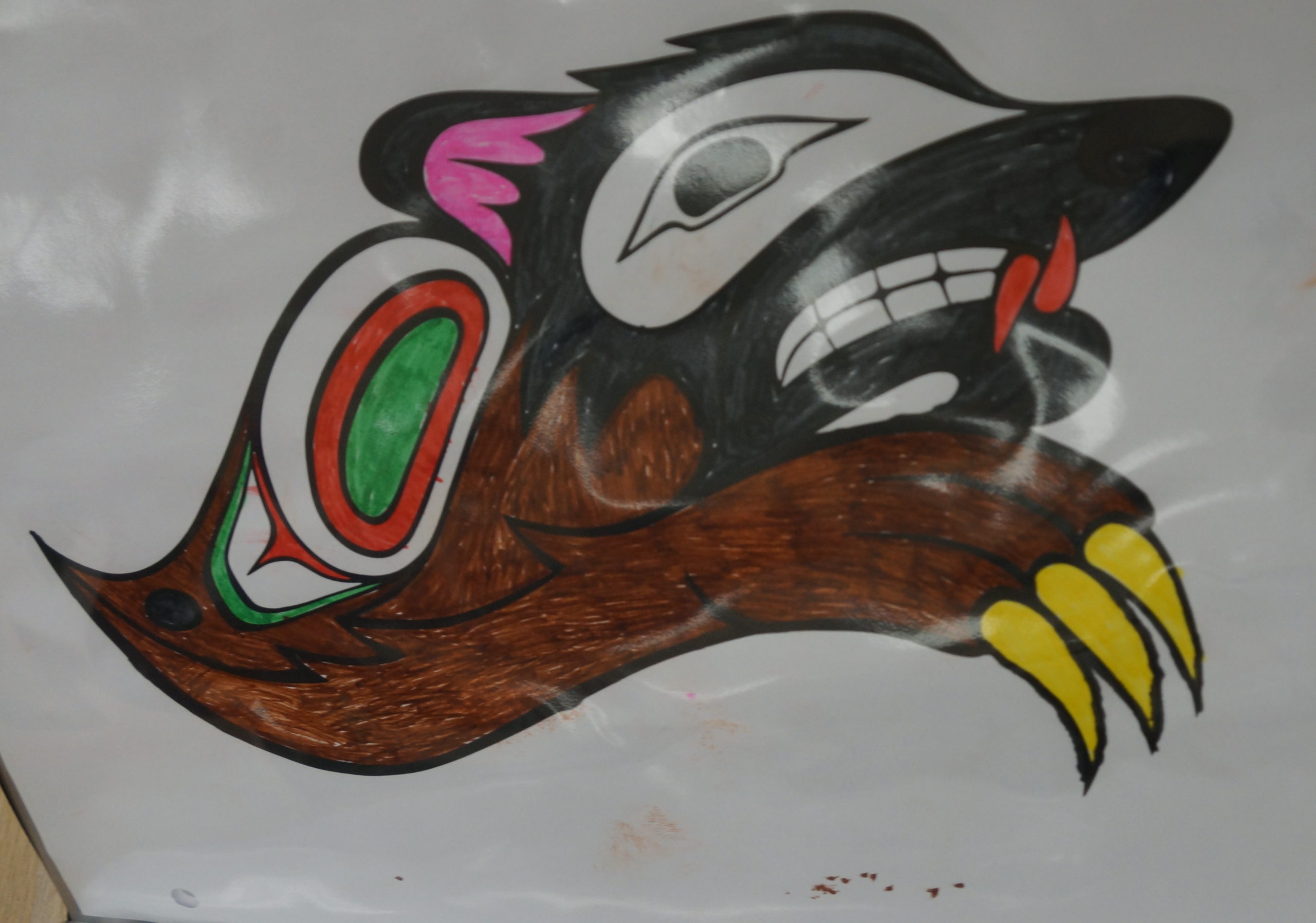Educators understand and apply knowledge of student growth and development.
I was able to demonstrate this professional standard by planning within my winter practicum for students’ success according to their diverse developmental abilities and challenges. I taught in a split class with a large range of students with a multitude of different needs. I learned to adapt lessons for specific students who I anticipated may struggle with the material or concepts, making individualised plans for each of them. For example, one student was unable to read, so I planned for ways for him to engage with the same material in modified ways. When students wrote about their school’s identity, he illustrated his school’s identity. I often gave him heads up about what we would work on so that he understood what we would be exploring in advance, allowing him to feel prepared and ready. I also was able to adapt much of his mathematical learning, with the assistance of an EA and my Coaching Teacher, who supported him in doing the same work using manipulatives. I noticed, at one point, that the math technology he was using during Daily 3 activities involved written questions, so I researched and found an alternative technology that presented problems verbally and pictorially. This allowed him to actually engage in mathematical thinking, rather than just guess. Overall, I developed an understanding of my students’ unique growth and development, and applied that knowledge to personalising their learning and making it more meaningful. I hope to continue this and do it more widely and in more depth in the winter practicum, learning students’ unique learning styles and adapting lessons accordingly.
